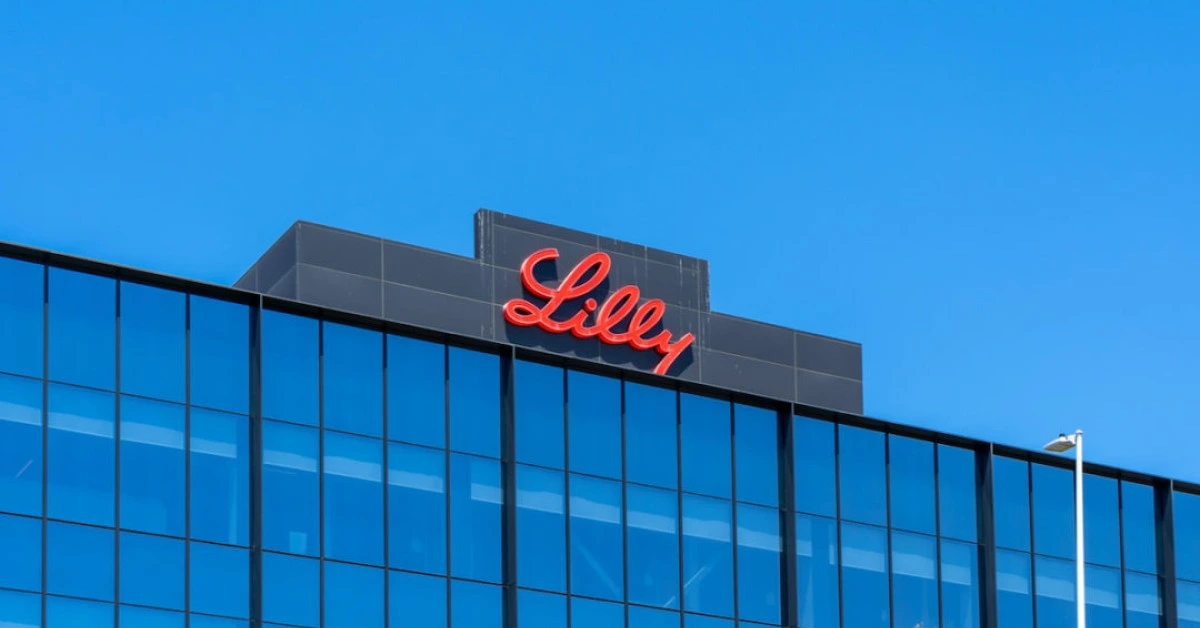
USA – Ahead of its presentation at the JP Morgan healthcare conference, Eli Lilly announced that its full-year revenues would fall short of previous estimates by US $400 million.
The company attributed this shortfall to lower-than-expected demand for its obesity and diabetes drug, tirzepatide, during the latter part of last year.
Despite this setback, Eli Lilly expects its 2024 revenues to reach US $45 billion, marking a robust 32% year-on-year growth.
Notably, tirzepatide sales rose by 45% in the fourth quarter, signaling strong performance in this segment.
Speaking at the conference, CEO David Ricks described the incretins market as an “unprecedented” commercial opportunity and highlighted that the company’s 2024 revenues are projected to surpass its initial guidance by US $4 billion.
Ricks also pointed to the upcoming Phase III data for orforglipron, an oral GLP-1 agonist, expected in the second quarter.
This development could significantly strengthen Eli Lilly’s position in the obesity and diabetes treatment space.
Looking ahead, the company has set its 2025 revenue guidance between $58 billion and $61 billion, though Ricks warned of “plenty of potential headwinds.”
To address growing demand, Eli Lilly has been heavily investing in its manufacturing capacity, with plans to increase it by 60% in the first half of the year.
This expansion, driven by billions of dollars in investment, aims to meet the soaring demand for the company’s incretin drugs, including Mounjaro and Zepbound.
The efforts are already yielding results, as the U.S. Food and Drug Administration recently declared the shortage of tirzepatide, the active ingredient in both drugs, officially over.
For the fourth quarter, Eli Lilly anticipates revenue of US $13.5 billion, including approximately US $3.5 billion from Mounjaro and US $1.9 billion from Zepbound.
However, Ricks acknowledged that the U.S. incretin market, while growing by 45% compared to the same quarter last year, did not accelerate as rapidly as initially forecast.
He added that lower-than-expected channel inventory at the year-end also contributed to the shortfall.
“While the U.S. incretin market grew 45% compared to the same quarter last year, our previous guidance had anticipated even faster acceleration of growth for the quarter,” Ricks said in a statement.
Eli Lilly is also pursuing innovations to maintain its competitive edge, including the development of an obesity pill designed to be more convenient for patients and easier to manufacture.
The company anticipates the pill will receive approval as early as next year. Full quarterly results are expected to be reported on February 6.
Seizing opportunities
While Eli Lilly faces challenges meeting its expectations, competitors are finding opportunities in the booming obesity treatment market.
Wave Life Sciences, for example, is exploring strategies to maximize treatment duration, citing patient discontinuation as a potential contributor to Lilly’s revenue shortfall.
“The underlying message is that, independent of the cost…, people are saying over 75% of patients can’t stay on the drug for a year,” Wave CEO Paul Bolno told FirstWord.
Wave recently achieved a milestone with its first-in-human RNA-editing data and is now advancing a small interfering RNA (siRNA) program targeting INHBE, a protein that regulates lipolysis in adipose tissue.
Bolno explained that their candidate, WVE-007, is envisioned as a monotherapy for weight loss, offering an alternative to the GLP-1 drug class.
Preclinical studies suggest that inhibiting INHBE could deliver incretin-like weight loss effects without suppressing appetite or causing significant muscle loss.
Bolno remarked, “Based on the preclinical data, we believe that it’s a once-a-year dosing, potentially twice a year,” aiming to reduce patient drop-off caused by financial constraints or changing appetites.
The importance of maintaining muscle mass during weight loss is also a priority for Versant Ventures, which has launched three metabolic disease companies—Antag Therapeutics, Pep2Tango, and SixPeaks Bio—within the past year.
Alex Mayweg, managing director at Versant, emphasized that muscle preservation could play a crucial role in sustainable and healthy weight loss.
“Muscle-[preserving] agents can be part of the sustainable, almost cure of healthy weight loss versus the kind of cycling of appetite suppressants that ultimately make things worse,” Mayweg explained.
XRP HEALTHCARE L.L.C | License Number: 2312867.01 | Dubai | © Copyright 2025 | All Rights Reserved